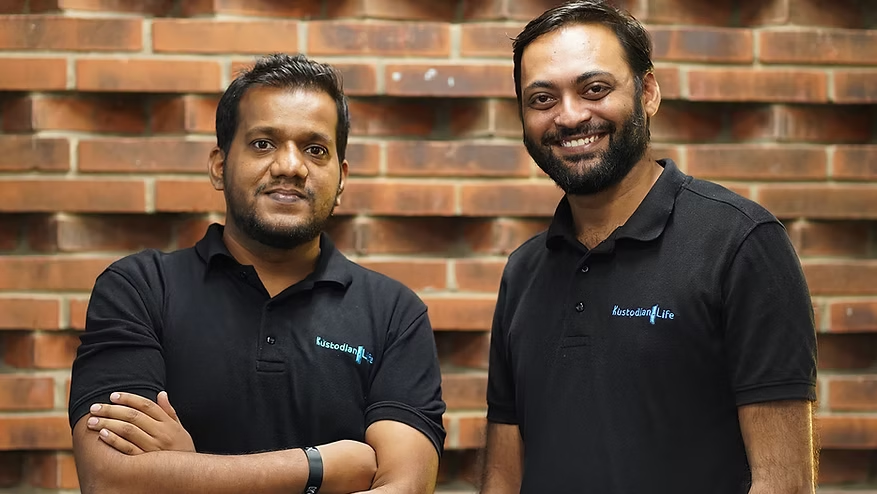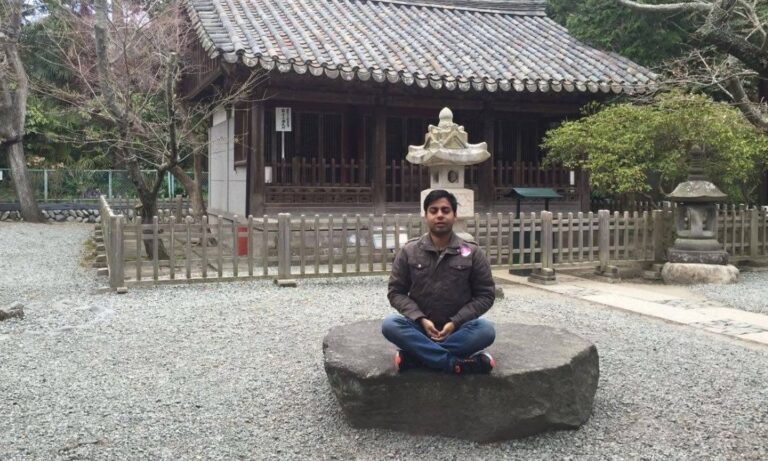For most Indian founders, the hardest part of their journey is not securing funding or hiring staff, but finding clarity. India has over 140,000 recognized startups, making the market very competitive. Without a clear understanding of what to build, why it matters, and how to implement their ideas, many founders waste money on the wrong things. In such a crowded market, staying focused is key to survival.
Start With India’s Unique Problem Statements
A startup should begin by identifying a problem that needs solving. In India, making a real difference means addressing everyday issues like affordable healthcare, efficient logistics, access to regional languages, financial inclusion, and direct-to-consumer categories such as food and beauty. According to CB Insights, 35% of startups fail because there is no market need. For Indian founders, understanding the needs of people in Tier-2 and Tier-3 cities is just as important as focusing on larger cities.
Turning the “What” Into Measurable Goals
Instead of vague goals like “scale fast,” Indian founders should define numbers that match their market reality. For example: “Onboard 5,000 kirana stores in 3 months” for a B2B SaaS startup or “Acquire 10,000 paying customers in Bengaluru before expanding to Delhi.” Using OKRs (Objectives and Key Results) ensures your team knows exactly what “success” looks like.
The “Why” Builds Team Conviction
India’s startup teams are young, most under 30 and they value purpose. Explaining why you’re doing something (e.g., launching UPI-based micro-credit not just for revenue, but to bring credit access to the underserved) motivates teams beyond salaries. A clear “why” also helps win investor trust, especially when pitching to VCs in India’s competitive funding landscape.
Figuring Out the “How” With Lean Systems
Execution is where many founders stumble. Following lean playbooks, build small pilots, measure, and scale only when proven works well in India’s fast-moving markets. For example, Zepto first tested its 10-minute delivery model in select Mumbai neighborhoods before scaling nationwide. Tools like Zoho, Tally, or even WhatsApp groups often act as the first “systems” for Indian startups before they graduate to Asana or Notion.
Mentorship and Communities Matter
No founder builds alone. India now has thriving support systems, accelerators like Y Combinator India, Sequoia’s Surge, and government schemes like Startup India Seed Fund. Many founders also rely on WhatsApp communities, Twitter (X) groups, and LinkedIn mentors for real-time guidance.
The Chaos of Building in India
In India, startups succeed when they are clear about three things; the problem they are solving (a real local issue), the reason for their mission (something that motivates their team and attracts investors), and their method (efficient and scalable systems). As competition grows, having structured thinking may give startups an advantage over those that get lost in the crowd.
Also Read: SuperFam Raises $400K Pre-seed to Build a Privacy-First AI Family Hub

























